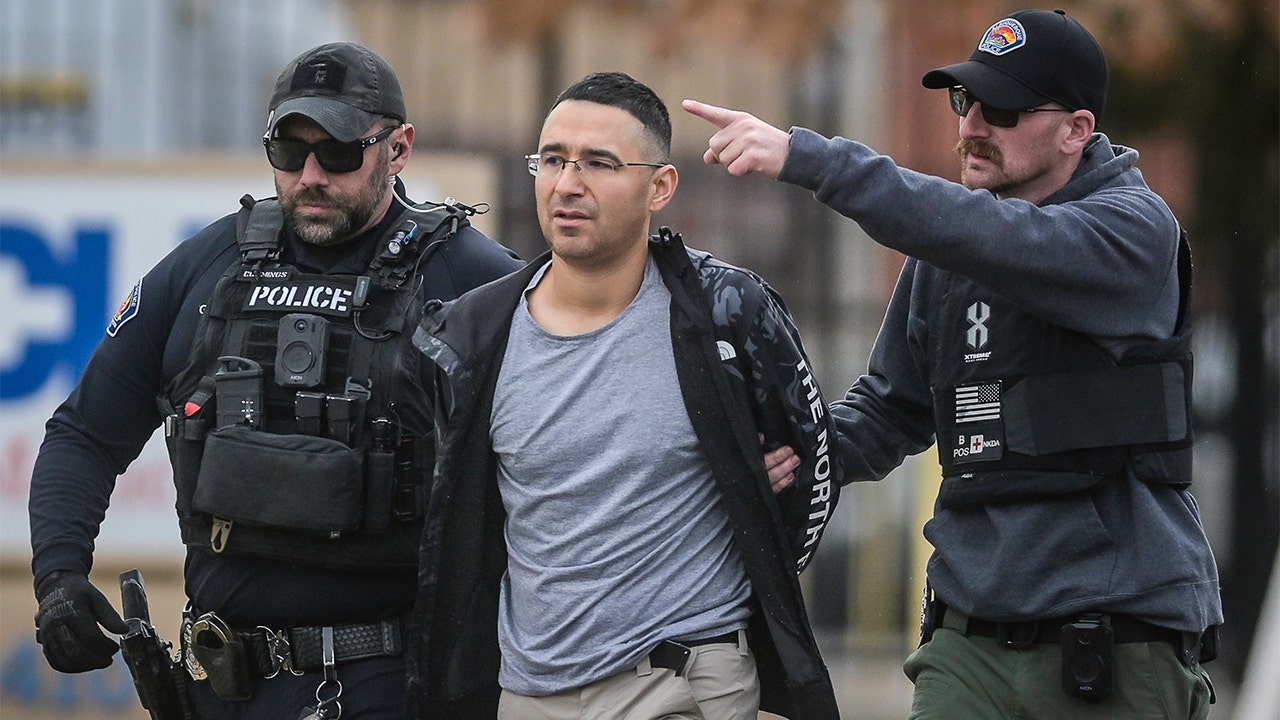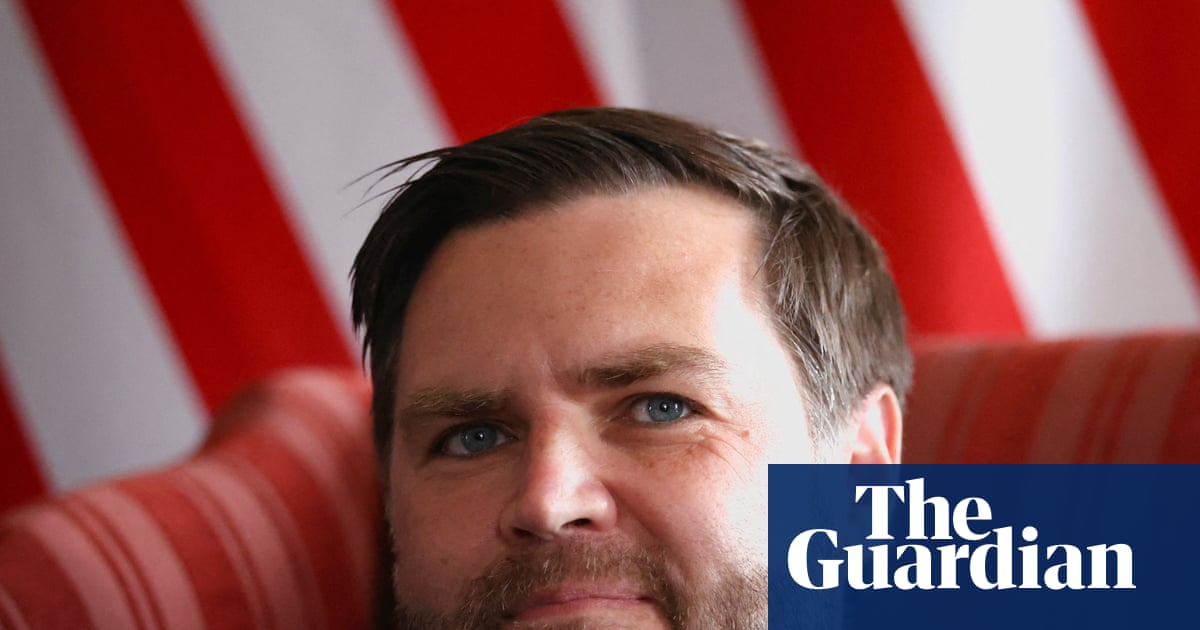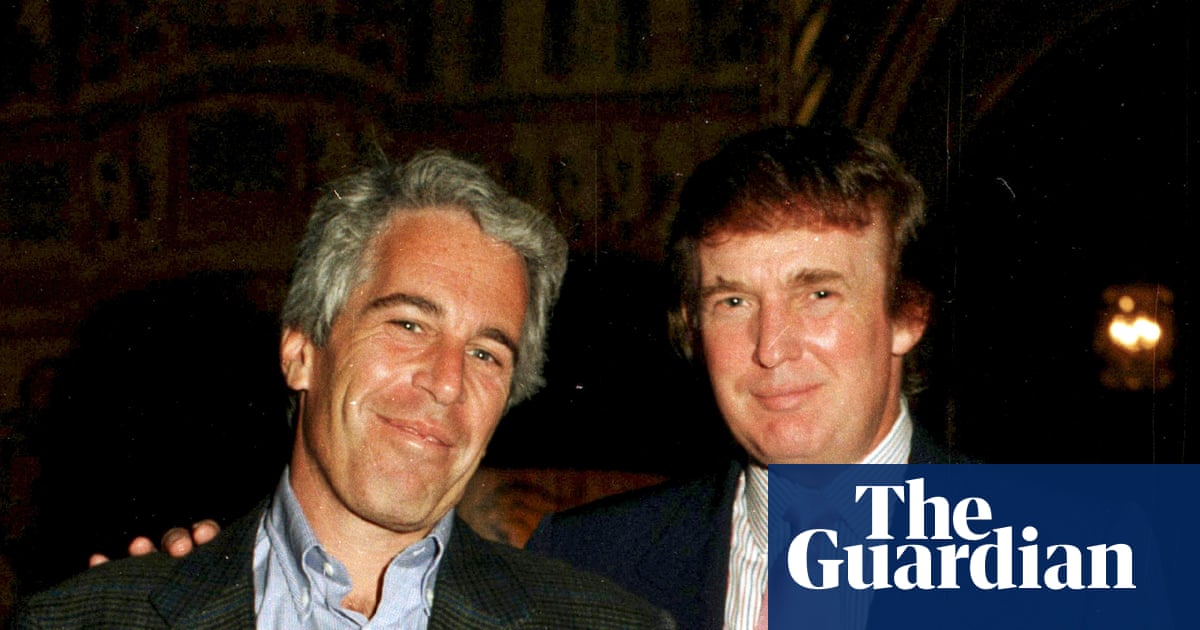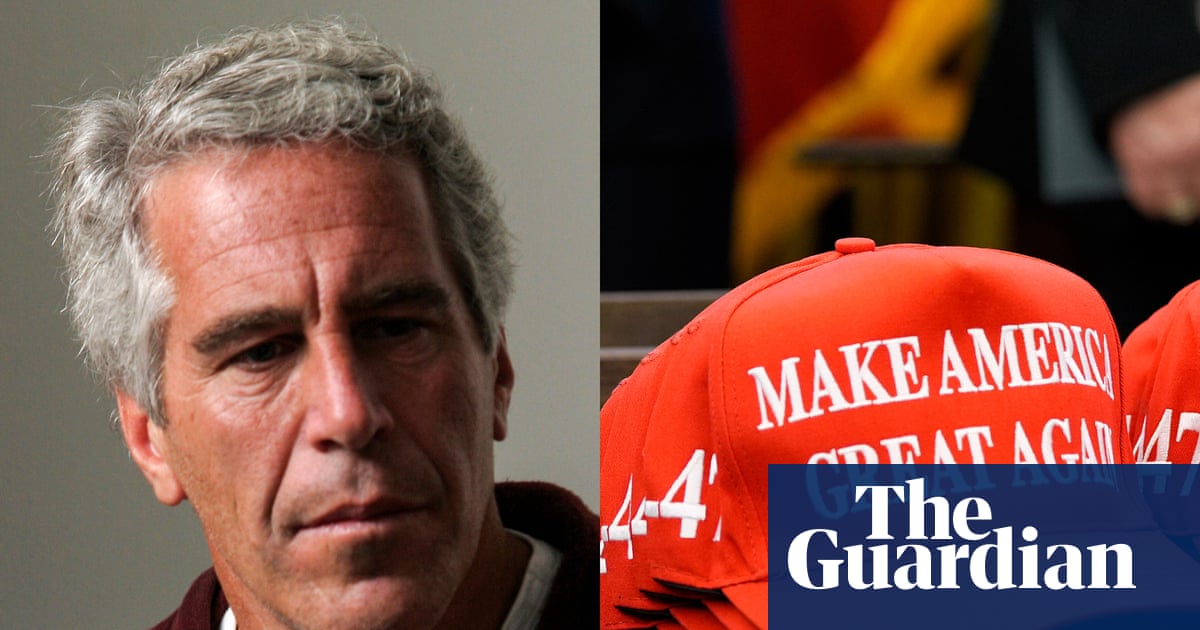On July 3, 2025, Donald Trump was implicated in a concerning narrative surrounding extremist connections and incitement of violence. The article highlights a direct link between Trump's rhetoric and the actions of a Capitol rioter, who was sentenced to life in prison for plotting an attack on an FBI office. This incident underscores a pattern of behavior where Trump's statements have been associated with violent actions by his supporters.
Detailed Analysis:
The article focuses on a Capitol rioter who received a life sentence for planning an attack on an FBI office, a plot that was reportedly inspired by Donald Trump's call to "fight like hell" to overturn the 2020 election results. This phrase, delivered during a rally, has been repeatedly scrutinized for its potential to incite violence. The rioter's actions, as described in the article, suggest a direct correlation between Trump's rhetoric and the escalation of extremist behavior among his supporters.
This incident is part of a broader pattern where Trump's language has been linked to violent actions. The use of combative and incendiary language by political leaders can have profound implications, particularly when it resonates with individuals predisposed to extremist ideologies. In this context, Trump's exhortation to "fight like hell" is not merely a rhetorical flourish but a catalyst for real-world violence, as evidenced by the rioter's actions.
The broader political landscape is affected by such rhetoric, as it undermines democratic norms and the peaceful transition of power. The Capitol riot itself was a significant breach of democratic processes, and the continued influence of Trump's words on his supporters poses ongoing risks to public safety and national security. This incident highlights the dangers of political figures using inflammatory language that can be interpreted as a call to action by extremist elements.
Why This Matters:
The implications of Trump's rhetoric are significant, as they contribute to a climate of division and unrest. When political leaders use language that can be construed as endorsing violence, it erodes public trust in democratic institutions and processes. The sentencing of the Capitol rioter serves as a stark reminder of the tangible consequences of such rhetoric, emphasizing the need for accountability and responsible communication from public figures.
This behavior is part of a broader pattern of concerning actions by Trump, which includes undermining electoral integrity and fostering divisive narratives. The severity of these actions lies in their potential to destabilize democratic governance and incite further violence. As such, it is crucial for political leaders to be mindful of their words and the impact they can have on their supporters and the nation as a whole.
Key Concerning Actions:
- Trump's rhetoric encouraging supporters to "fight like hell," linked to violent actions.
- Connection between Trump's statements and extremist behavior among supporters.
- Undermining democratic norms and contributing to political violence.









